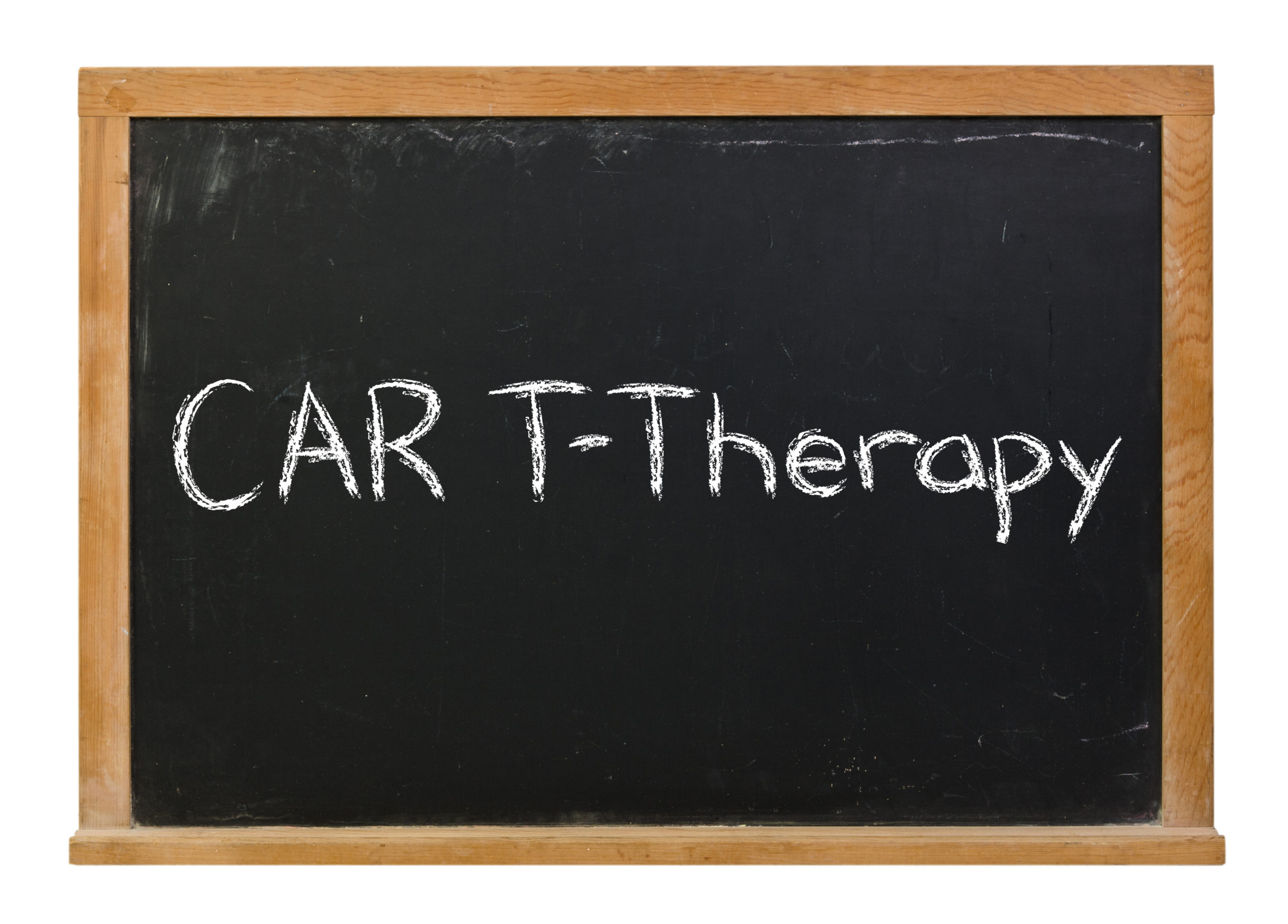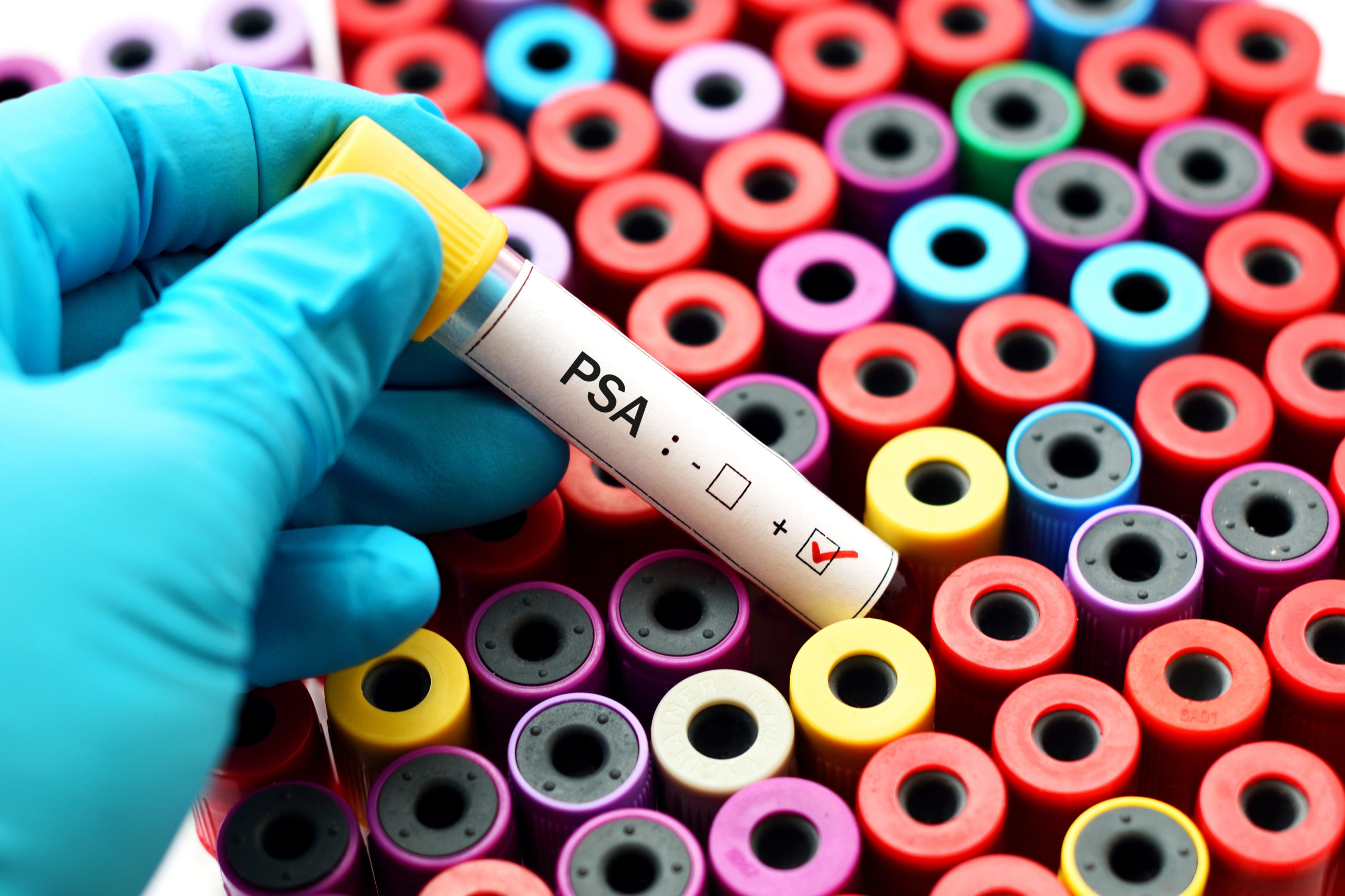
Research shows that a new noninvasive positron emission tomography (PET) imaging agent, 18F-AlF-FAPI-74, can help clinicians predict patient response to chimeric antigen receptor (CAR) T-cell therapy, as well as monitor treatment effectiveness. They presented their results at the Society of Nuclear Medicine and Molecular Imaging Annual Meeting.
CAR T-cell therapy is an emerging treatment that has had great success against blood cancers and is still being studied in solid tumors. The treatment involves removing T cells from a patient’s body, engineering them in a laboratory, then returning them to the patient.
“Our understanding of why CAR T-cell therapies are not as effective in solid tumors could be advanced by measuring CAR-T–targeted antigens, such as the fibroblast activation protein (FAP), which is overproduced in many types of solid tumors,” said lead author Iris Lee, of the University of Pennsylvania. “In this study, we used 18F-AlF-FAPI-74 PET to image FAP with the goal of providing information that could aid in the development and optimization of FAP CAR T-cell treatment for solid tumors.”
The researchers conducted an in vitro study to test binding of a 18F-AlF-FAPI-74 tracer in FAP-expressing cells, finding highly specific binding. Then they assessed traced uptake in mesothelioma and adenocarcinoma models, noting a significant increase in 18F-AlF-FAPI-74 uptake in tumor tissue relative to background tissues (muscle and blood). Subsequently, they found that 18F-AlF-FAPI-74 could detect FAP clearance from tumor tissue after CAR T-cell treatment, showing its potential utility as a method to monitor response to FAP CAR T-cell therapy.
The authors said the approach may help inform clinical decision-making early in treatment, for example, guiding decisions about re-dosing, dose optimization, and changes to therapy choices. It also may help researchers further develop CAR T-cell strategies against solid tumors.
“In the current era of precision medicine where cancer therapies can be tailored based on the presence or absence of a biomarker, molecular imaging tools have the potential to add value to clinical care by helping to accurately monitor the target of interest and stratify patients for certain therapy based on the target expression level,” Dr. Lee said.







 © 2025 Mashup Media, LLC, a Formedics Property. All Rights Reserved.
© 2025 Mashup Media, LLC, a Formedics Property. All Rights Reserved.